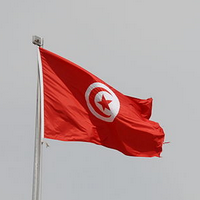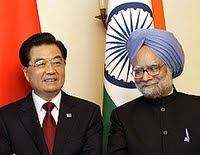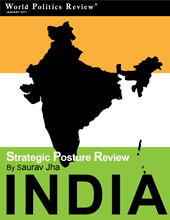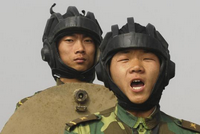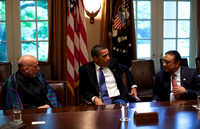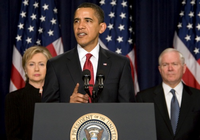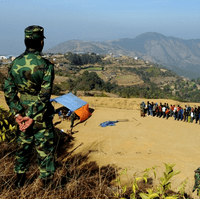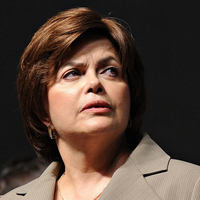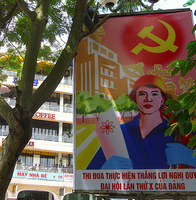
News broke Sunday night that Jean-Claude “Baby Doc” Duvalier had returned to Haiti after an absence of 25 years. The dictator’s return capped off a difficult year for Haiti, as the island continues to recover from an earthquake, a hurricane, a cholera outbreak, and a contested presidential election. Many worried that Duvalier intended to take advantage of the chaos and suffering that still plagues the country in order to regain influence. Though Duvalier has now been charged with corruption dating from his time in power and may instead face trial, the alarm triggered by his arrival is a reminder that, […]

